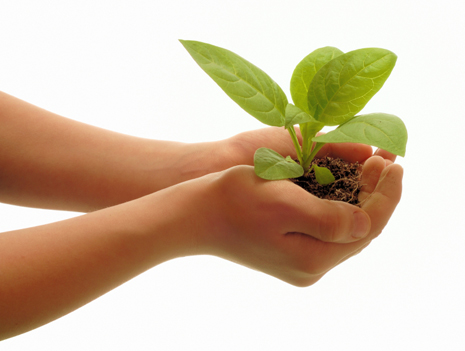
It’s the beginning of a new academic year.
First year undergraduate students will be arriving in droves over the next few weeks to embark on a new stage in their lives. Most will come directly from school, some as mature students. They are taking a step into the unknown, have expectations of challenges, wish to learn and make new friends: often friends for life. Postgraduate students come from a variety of backgrounds and often from overseas to live in our diverse, metropolitan capital. It is exciting, scary: a new environment to live in. How much does the environment mean to them and how much of an impact do they want to make in changing the world for the better? All signs are good.
Young people are fired up to sustain the environment and continue to want to make their mark in environmentally related careers. Here in the Department of Law at Queen Mary, University of London, we have a variety of undergraduate and postgraduate courses students can choose to take on environmentally related themes. These include International and EU Environmental Law and a new course on Climate Change law and policy. In my own field of philosophy of law, gender and human rights, students can learn about the importance of the environment in shaping how and what people can become – how people can change and develop differently in different environments. Who is likely to be the happier (and healthier!) person – the one in the mountains with clean air, the birds singing and a fantastic view of mountain tops, the sea in the distance and a gleaming sun above or a person in a concrete industrial estate with smoke billowing out of vast chimneys creating a blackened sky? I remember being on a trip to Southern California once with its vast sandy, beautiful beaches but with a power plant in the distance blotting the landscape. What a disappointment!
Yet being interested in saving the planet from environmental damage is a decision made by the individual students, and people generally. How are these decisions and preferences reached? People make decisions through an emotional and rational process. If they have a stronger sense of who they are and what they want in life, they are likely to feel freer and more in control of their own views, decisions and actions. In the formation of a person’s sense of who they are, their identity and selfhood, the environment in which they find themselves is crucial. My argument is that it is therefore important that a certain type of environment and society be encouraged to thrive.
A person’s identity is created in large part by the social conditions in which they find themselves. When born and growing up, most have little or no choice as to these social conditions. If they are lucky enough and have wise people around them to support and sustain them, they may be in a position to actively choose to stay in that environment or leave it for a variety of reasons. A society based on care, love and empathy, interdependency and the mutual recognition of each person as a person in their own right deserving of respect is an environment which encourages people to develop their own views and strong sense of identity. Such a society needs also to respect nature and other non-human beings. This in turn will lead to a fairer, more just world and a better foundation for human (and other) flourishing. People need the freedom to decide on their own plan of life rather than it being imposed on them: by doing so they engage in a human experience that expresses their moral dignity and worth.
Thus I argue that the aim should be to create social, political and legal structures that assist all persons in their search for a flourishing life. In this respect therefore it is possible to say that all persons share a common potential to develop and grow as persons. This potential is something that everyone across the globe has in common and which should be encouraged to progressively develop.
Hopefully the new environment for forthcoming students will be a fruitful and enjoyable one that encourages awareness of their immediate and global environment.
See further: Jill Marshall Humanity, Freedom and Feminism (Ashgate 2005)







